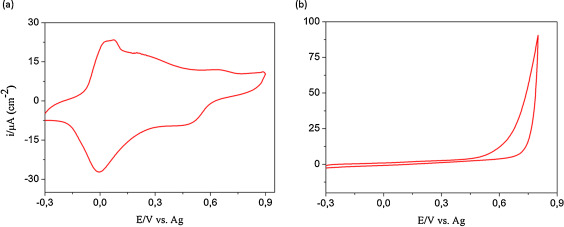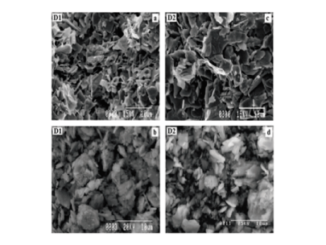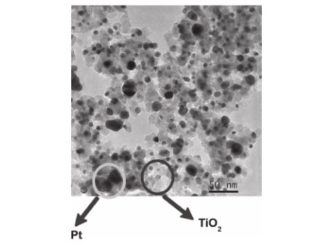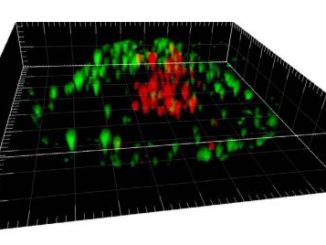
Optimization of electrochemical capacitor stability of poly(o-methoxyaniline)-poly(3-thiophene acetic acid) self-assembled films
Abstract: In the development of supercapacitors and rechargeable batteries based on conducting polymers, the stability of the material is an important concern. The objective of this work is to investigate the electrochemical aging of layer-by-layer (LBL) films of two polymers, namely poly(o-methoxyaniline) and poly(3-thiophene acetic acid), which present a self-doping effect, and compare them with poly(o-methoxyaniline) casting film electrochemical properties. Cyclic voltammetry and impedance spectroscopy are used to analyze the behavior of the films. The results show that POMA/PTAA LBL films have a higher electrochemical stability than POMA casting films. This last one presents a continuous degradation as the number of ageing cycles are increased resulting in an 80% decrease from the initial specific capacitance value after 3000 cycles. For LBL films, on the other hand, film stability has a different behavior, and after 3000 cycles, only 1% of decrease in the specific capacitance is observed. Impedance data shows a continuous increase in both polymer resistance and ionic charge transfer resistance in the case of the POMA casting film whereas no changes is observed for the LBL one indicating the film degradation is possible related to the counter ion intercalation/deintercalation which occurs mainly in POMA samples.
Author(s): Christinelli, Wania A.; Goncalves, Roger; Pereira, Ernesto C.
Electrochimica Acta
Volume: 196 Pages: 741-748 Published: 2016
DOI: https://doi.org/10.1016/j.electacta.2016.02.187




